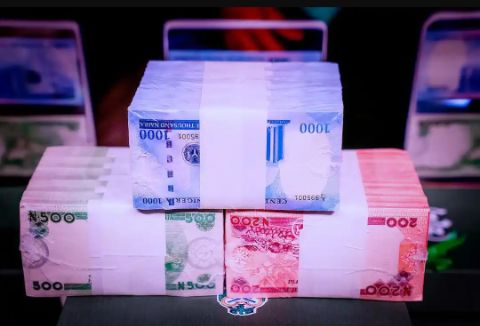Fitch Ratings, a global rating agency, has said that the demonetisation drive by the Central Bank of Nigeria will likely be disruptive soon with a cash shortage that may affect consumer spending and boost the demand for foreign exchange.
It said this in its report titled ‘Nigeria’s economic challenges highlight importance of post-election policies’.
It also said that the Supreme Court’s suspension of the February 10 deadline will temporarily ease the risk of intense cash shortages.
The rating agency said, “The Nigerian Supreme Court’s suspension of a 10 February deadline for exchanging old banknotes into new eases, at least temporarily, the risk of intensifying cash shortages. However, the demonetisation drive is still likely to be disruptive in the near term.
“Associated cash shortages may hit consumer spending and boost demand for foreign currency, aggravating foreign-exchange shortages. It is not yet clear whether there will be offsetting longer-term economic benefits, such as greater use of the formal banking system or enhanced use of digital payment systems.”
It noted that Nigeria faces major economic challenges ahead of elections due on 25 February, and policy choices by the incoming administration could have a significant impact on the country’s credit profile.
Fitch Ratings explained that it downgraded Nigeria’s rating to ‘B-’ from ‘B’ in November 2022, with a stable outlook, reflecting continued deterioration in debt servicing costs and external liquidity.
It also said that the next administration was likely to face pressure to continue fuel subsidy, and concessions on this front could make consolidating the public finances more difficult.
It added that Nigeria’s fiscal profile would remain weak in the medium term, adding that the government faces external debt amortisations of $2.5bn in 2023 and 2024.
The rating agency also described Nigeria’s official exchange rate as overvalued, hampering economic activity in the country.
SOURCE: THE PUNCH


